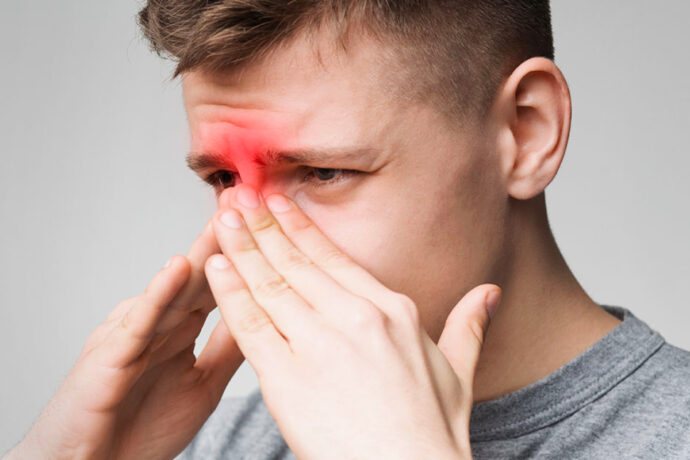
Multiple sclerosis (MS), a potentially disabling disease affecting the brain and spinal cord, poses unique challenges for those living with it. This autoimmune condition results in the immune system attacking the protective layer around nerve fibers, leading to communication breakdown between the brain and the body. While MS remains incurable, effective management involves treatments to expedite recovery, alleviate symptoms, and influence the disease’s trajectory. Lifestyle modifications are also recommended by medical specialists.
Key Treatment Methods:
- Medications:
- Disease-modifying drugs are crucial for relapsing-remitting MS to prevent flare-ups and slow disease progression.
- Beta interferons, commonly prescribed, alleviate the severity and frequency of flare-ups but may cause flu-like symptoms.
- Dimethyl fumarate, taken orally, lowers immune cells and requires regular blood tests.
- Natalizumab and ocrelizumab are options for non-responsive cases, with ocrelizumab targeting B cells to prevent immune system attacks.
- Alemtuzumab and mitoxantrone, chemotherapy drugs, intervene when other medications prove ineffective.
- Treating Flare-Ups:
- Mild flare-ups may resolve without treatment, but steroids such as ACTH, prednisone, and methylprednisolone are employed for more severe cases.
- Plasma exchange, removing and processing blood to separate plasma from blood cells, is an alternative for steroid-resistant flare-ups.
Symptom Control:
- Bladder Problems: Managed with medications like oxybutynin or tolterodine.
- Depression: Addressed with antidepressants such as sertraline, fluoxetine, and bupropion.
- Fatigue: Treated using modafinil, armodafinil, and amantadine.
- Muscle Stiffness or Spasms: Relieved with muscle relaxants like diazepam, clonazepam, tizanidine, and baclofen.
3. Alternative Treatments:
- Vitamin D: Linked to reduced MS risk; supplementation may be advised based on individual levels.
- Acupuncture: Traditional Chinese treatment aimed at restoring energy flow (chi) along body meridians, potentially alleviating MS symptoms.
Additional Measures:
- Adequate rest, mild exercise, and a balanced diet with sufficient vitamin D.
- Stress relief through activities like massage, meditation, tai chi, and yoga.
While exploring alternative treatments, it’s essential to consult with healthcare professionals for personalized advice. As research progresses, a holistic approach encompassing traditional and alternative methods becomes increasingly relevant in the comprehensive management of MS.



